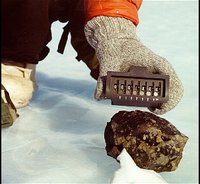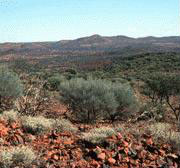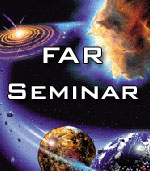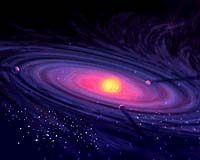
Work performed to date on Antarctic meteorites by the scientific community has shown the presence of contamination to an uncertain degree. This contamination allows ambiguity to creep into conclusions drawn from Antarctic meteorite research. In order to establish a baseline understanding of the state of meteorites collected in Antarctica, a multidisciplinary effort is under development to measure those types of contamination that should most strongly affect the commonly-measured aspects of meteorites. Microbial abundance per unit volume, metabolic activity, and genetic expression will be measured to establish the presence and activity of bacteria, yeasts, fungi, mold, and other microbes. ToF-SIMS and pyrolysis-GC-MS will be employed to measure and map the presence of carbon compounds such as amino acids, petroleum products, plastics and plasticizers. A suite of stable isotope analyses will establish trends in carbon, nitrogen, and oxygen isotopes and 14C dating/terrestrial carbon abundance will be performed.
In order to separate the effects of terrestrial (ice-bound) contamination, contamination during collection/curation, and accrued contamination during storage, ordinary chondrites from long-term storage, before collection and after curation will be sampled and analyzed by these methods.This project is currently under preparation as a proposal and will be described for discussion and critique by the audience. This project may potentially have a broad impact on the meteoritic community and audience commentary is encouraged.
 A Record of the Earliest (4.5-3.8 Ga) Surface Conditions on Earth?
A Record of the Earliest (4.5-3.8 Ga) Surface Conditions on Earth? Simulating Groundwater Radiolysis With Oxidation of Pyrite by Hydrogen Peroxide Solution
Simulating Groundwater Radiolysis With Oxidation of Pyrite by Hydrogen Peroxide Solution Exploring Planet-Forming and Debris Disks
Exploring Planet-Forming and Debris Disks Quantifying Water Production in Comets - The "Meter Stick" for Their Chemical Taxonomy
Quantifying Water Production in Comets - The "Meter Stick" for Their Chemical Taxonomy